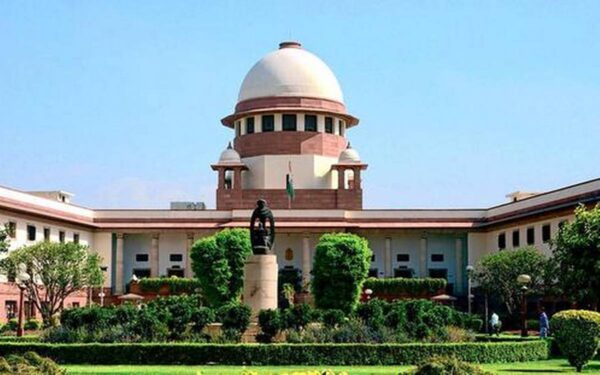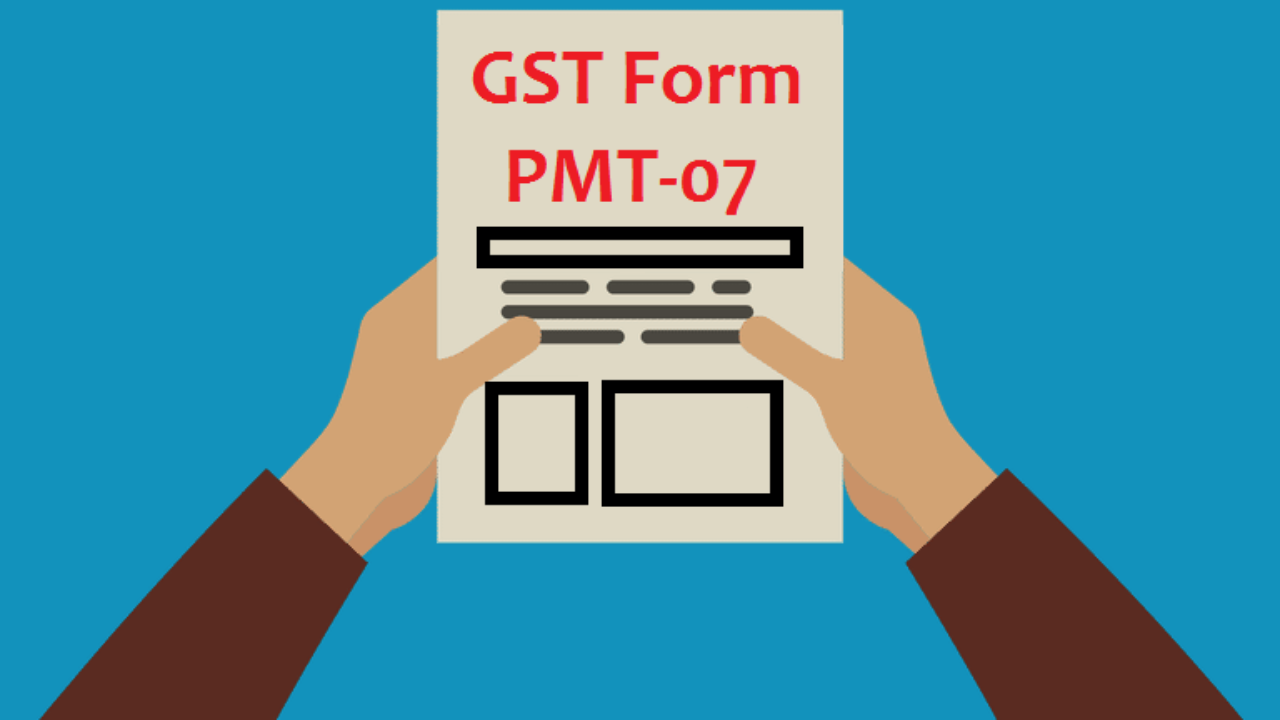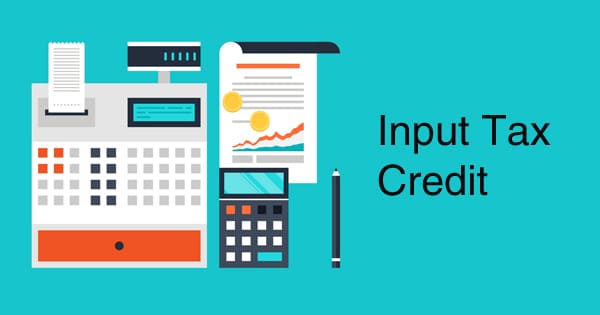The bench of SK Kaul and Indu Malhotra, JJ has recommended the Central Government to consider the efficacy of the advance tax ruling system and make it more comprehensive as a tool for settlement of disputes rather than battling it through different tiers, whether private or public sectors are involved.
It suggested that a council for Advance Tax Ruling based on the Swedish model and the New Zealand system may be a possible way forward.
The Apex Court’s recommendation came in a judgement dated 11.09.2020, dealing with a 44-year-old dispute between the National Co-operative Development Corporation and the Income Tax department. [CIVIL APPEAL NOS. 5105-5107 OF 2009].
Writing two postscripts, the Court said that it was forced to do so on account of the backbreaking dockets which are ever increasing and as a move towards a trust between the Tax Department and the assessee. The Court said that it hoped that both the aspects meet consideration at an appropriate level.
First Postscript:
While writing the first Postscript the court said that the Central Government and the State authorities have been repeatedly emphasising that they have evolved a litigation policy. As per the experience of court, it is observed more in breach.
The approach is one of bringing everything to the highest level before the Court, so that there is no responsibility in the decision-making process, an unfortunate situation which creates unnecessary burden on the judicial system.
The Court, however, noticed that one of the main impediments to such a resolution, plainly speaking, is that the bureaucrats are reluctant to accept responsibility for taking such decisions, apprehending that at some future date their decision may be called into question and they may face consequences post retirement.
“In order to make the system function effectively, it may be appropriate to have a Committee of legal experts presided by a retired Judge to give their imprimatur to the settlement so that such apprehensions do not come in the way of arriving at a settlement,” the court said.
It was hence, noticed that a serious thought should be given to the aspect of dispute resolution amicably, more so in the post COVID-19 period.
Second Postscript:
The second postscript dealt with the issue of matters pertaining to CPSEs and Government authorities insofar as taxation matters are concerned, because they are consistently sought to be carved out as a separate category of cases. One of the largest areas of litigation for the Government is taxation matters.
The petition rate of the tax department before the Supreme Court is at 87%. The Court was of the opinion that a vibrant system of Advance Ruling can go a long way in reducing taxation litigation. This is not only true of these kinds of disputes but even disputes between the taxation department and private persons, who are more than willing to comply with the law of the land but find some ambiguity.
The scope of the transactions on which an advance ruling can be sought from the AAR has gradually increased to now include both residents and non-residents, who can seek the same for issues having a substantial tax impact.
These rulings are binding both on the Income Tax Department and the applicant, and while there is no statutory right to appeal, the Supreme Court has held that a challenge to an advance ruling first lies before the High Court, and subsequently before the Supreme Court. The advance ruling may be reversed in the event a substantial question of general public importance arises or a similar question is already pending before the Supreme Court for adjudication.
The Court, however, noticed that the ground level situation is that this methodology has proved to be illusionary because there is an increasing number of applications pending before the AAR due to its low disposal rate and contrary to the expectation that a ruling would be given in six months, the average time taken is stated to be reaching around four years.
The Apex court while referring to the international scenario where there has been an incremental shift towards mature tax regimes adopting advance ruling mechanisms, the bench noticed that the increase in global trade puts the rulings system at the centre-stage of a robust international tax cooperation regime. The Organisation for Economic Cooperation and Development (OECD) lists advance rulings as one of the indicators to assess trade facilitation policies, making it an aspirational international best practice standard.
The Court, hence, said, that “The aim of any properly framed advance ruling system ought to be a dialogue between taxpayers and revenue authorities to fulfil the mutually beneficial purpose for taxpayers and revenue authorities of bolstering tax compliance and boosting tax morale. This mechanism should not become another stage in the litigation process.”
Conclusion:
The Court concluded by referring to the legal legend Mr. Nani A. Palkhivala, who while addressing a letter of congratulations to Mr. Soli J. Sorabjee on attaining his appointment as the Attorney General referred to the greatest glory of Attorney General as not to win cases for the Government but to ensure that justice is done to the people.
In this behalf, he refers to the motto of the Department of Justice in the United States carved out into the Rotunda of the Attorney General Office, “The United States wins its case whenever justice is done to one of its citizens in the courts.”
The Court said that the Indian citizenry is entitled to a hope that the aforesaid is what must be the objective of Government litigation, which should prevail even within the Indian legal system. In the words of Martin Luther King, Jr.,“We must accept finite disappointment, but never lose infinite hope.”
***
[rainbow]Don’t miss the next GST Update / Article / Judicial pronouncement[/rainbow]
Subscribe to our newsletter from FREE to stay updated on GST Law
Resolve your GST queries from national level experts on GST free of cost.
TW Editorial Team comprises of team of experienced Chartered Accountants and Advocates devoted to spread the knowledge of GST amongst the various stakeholders.




